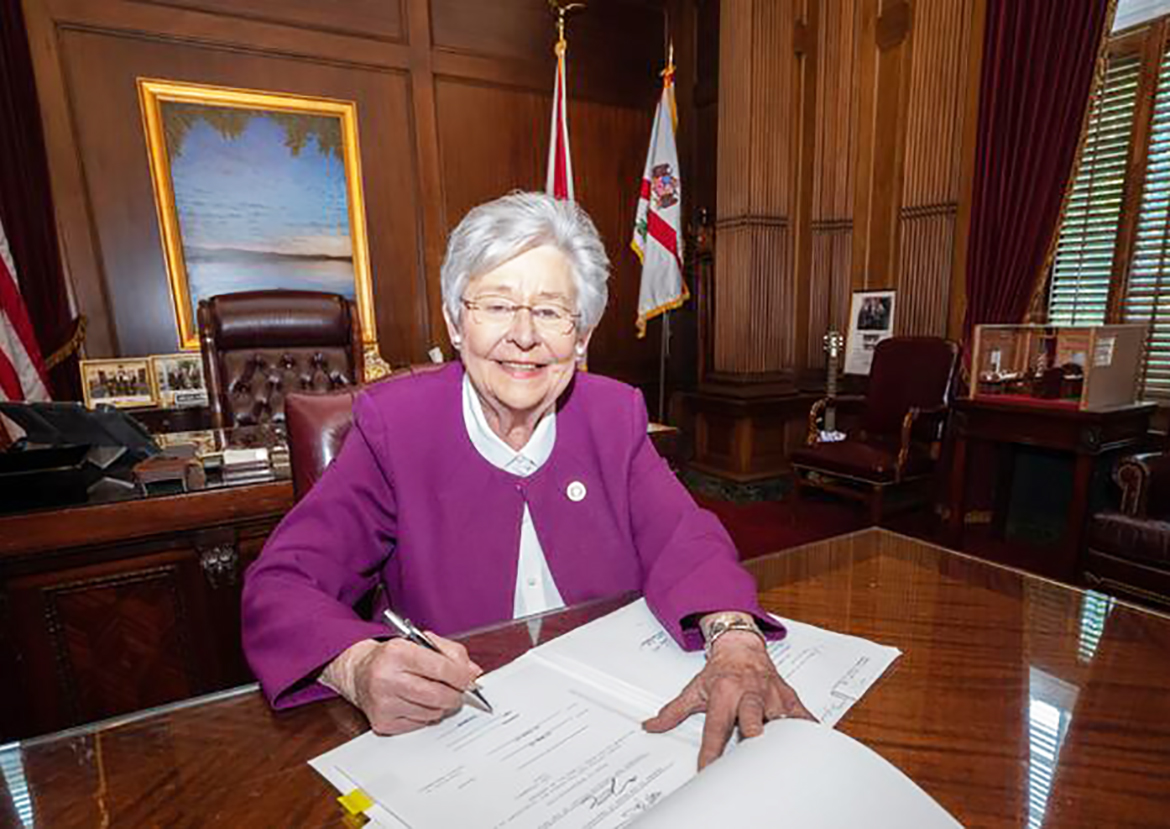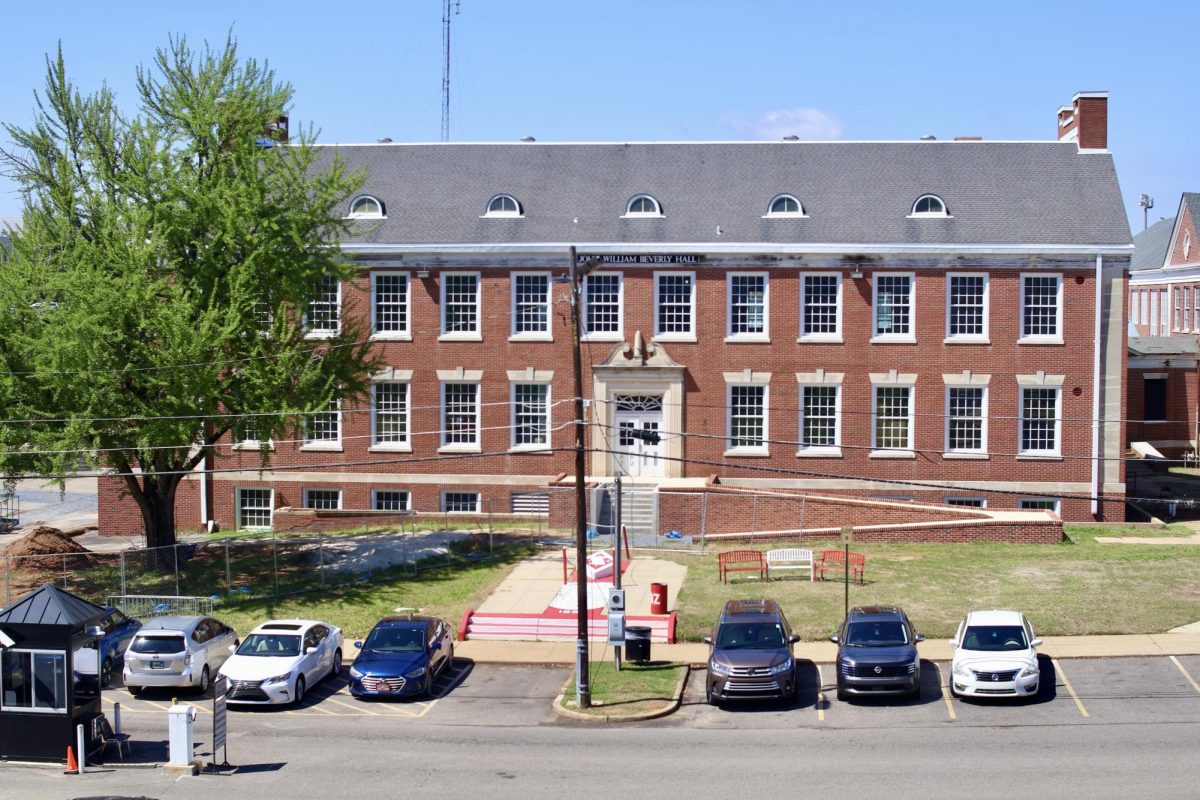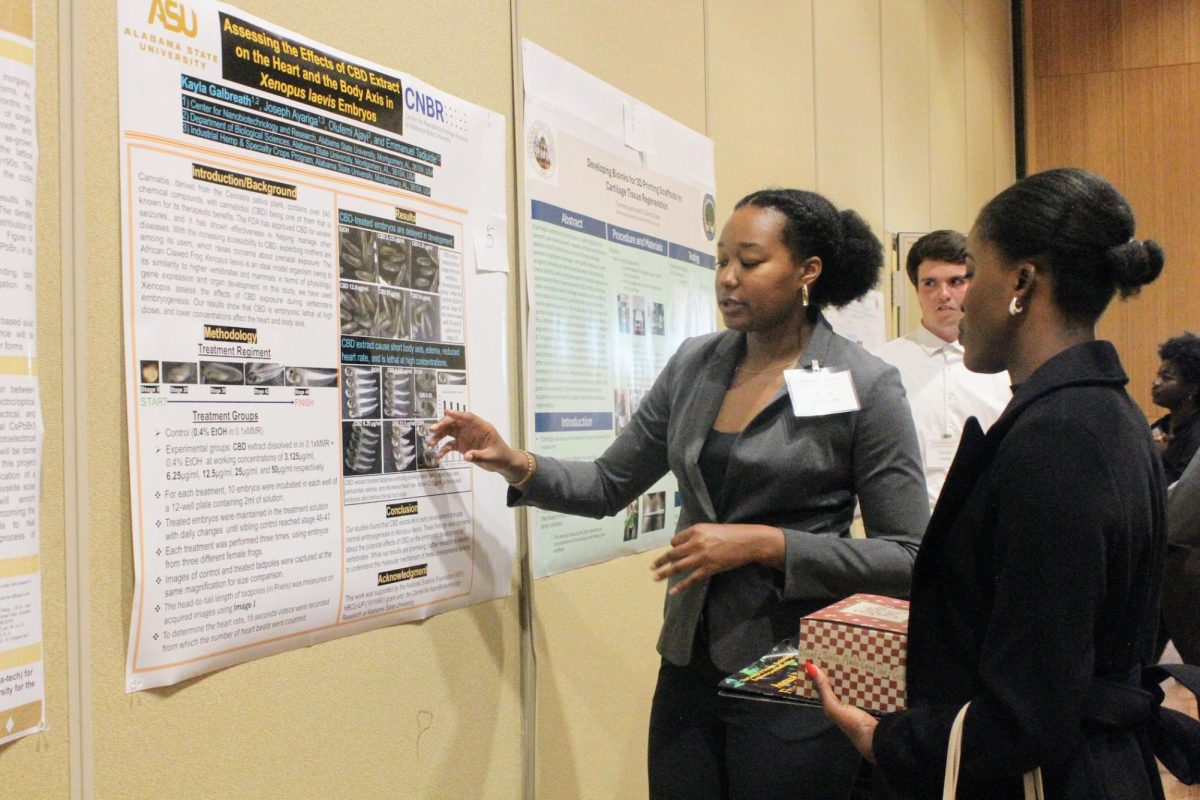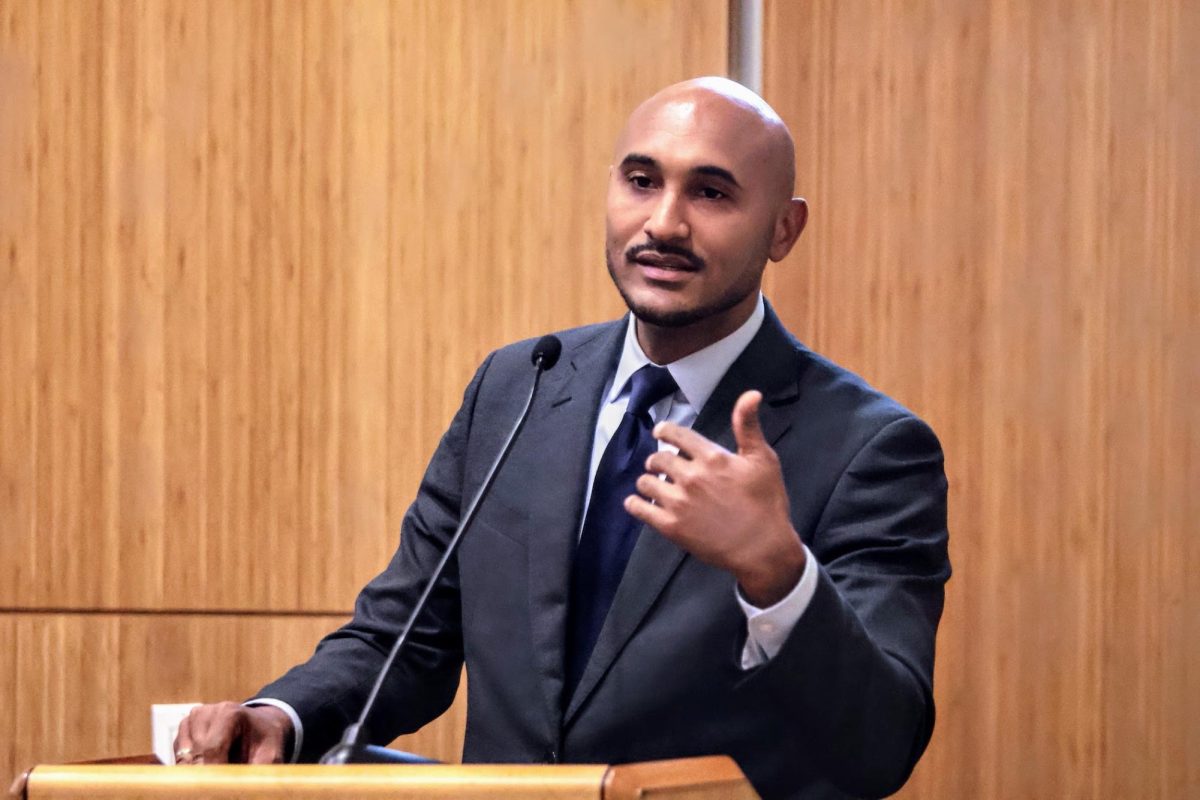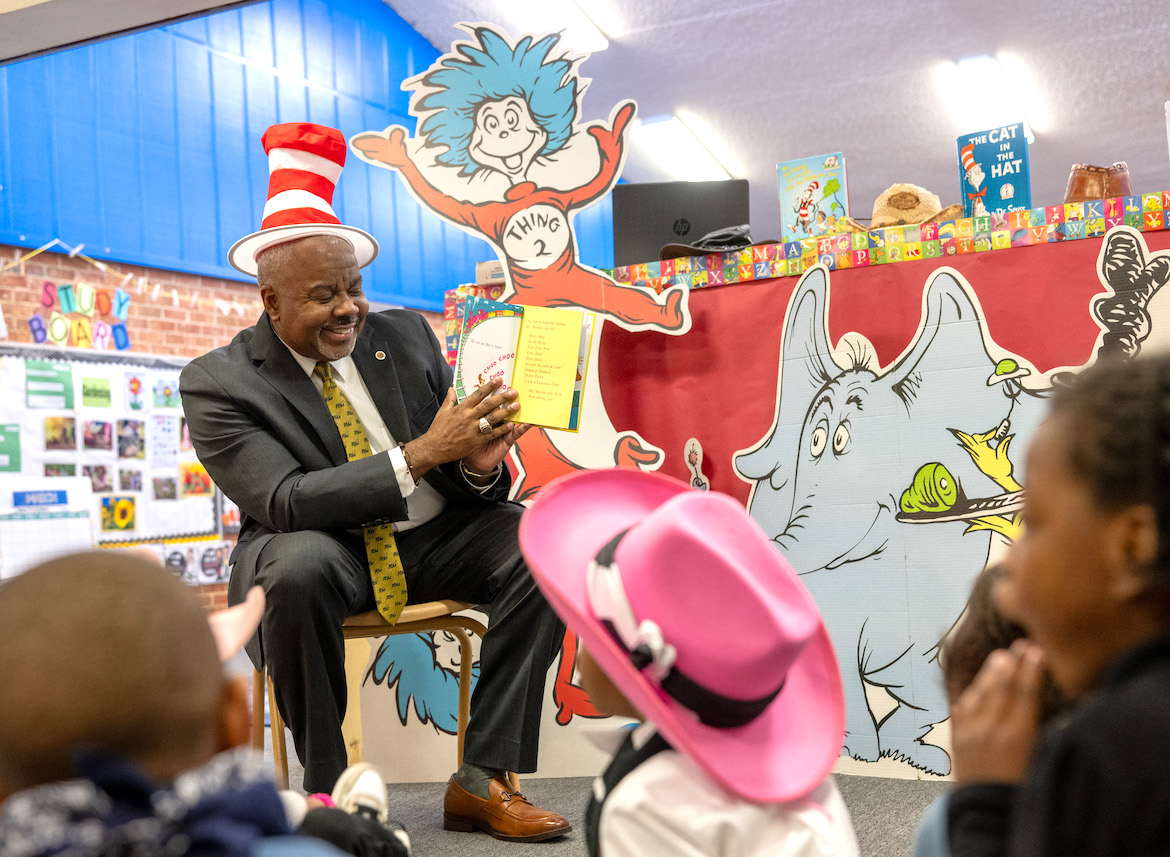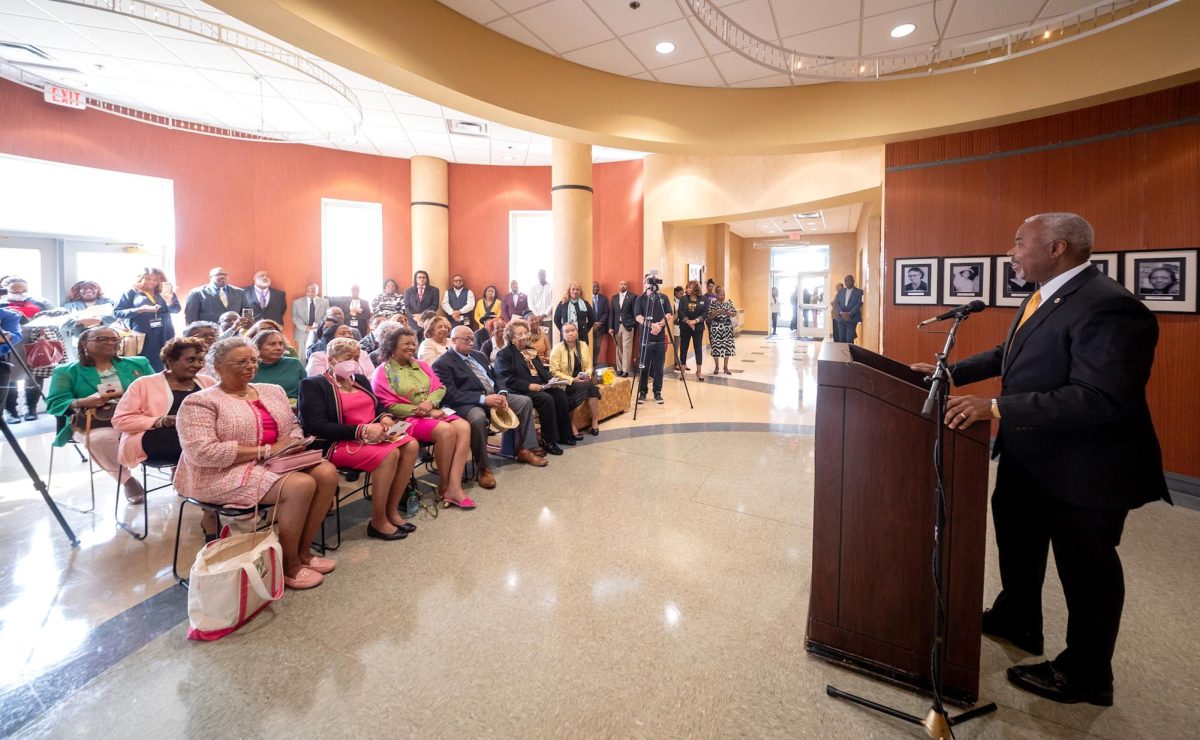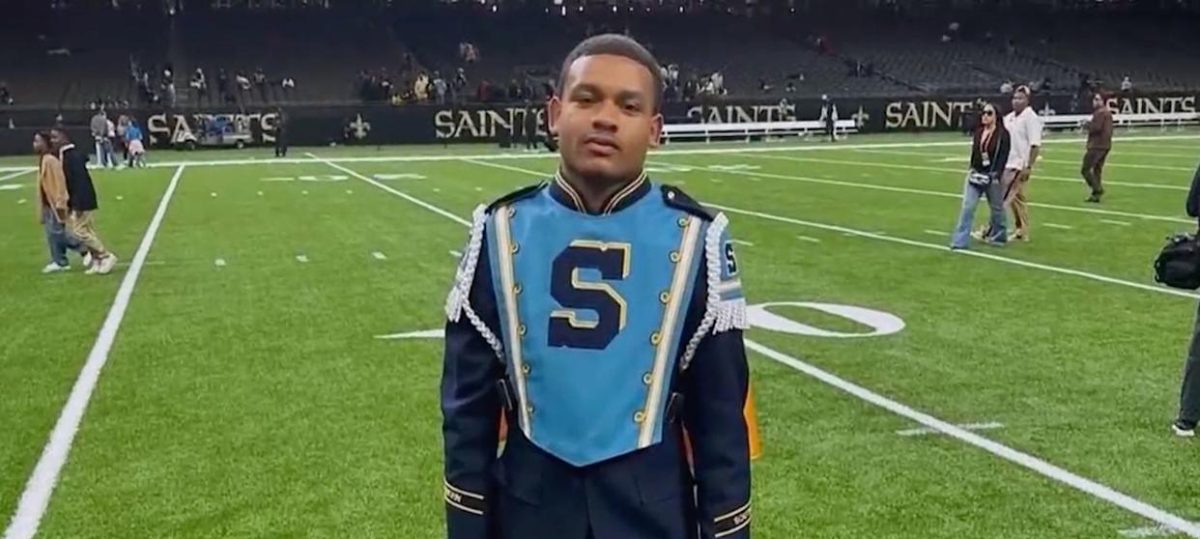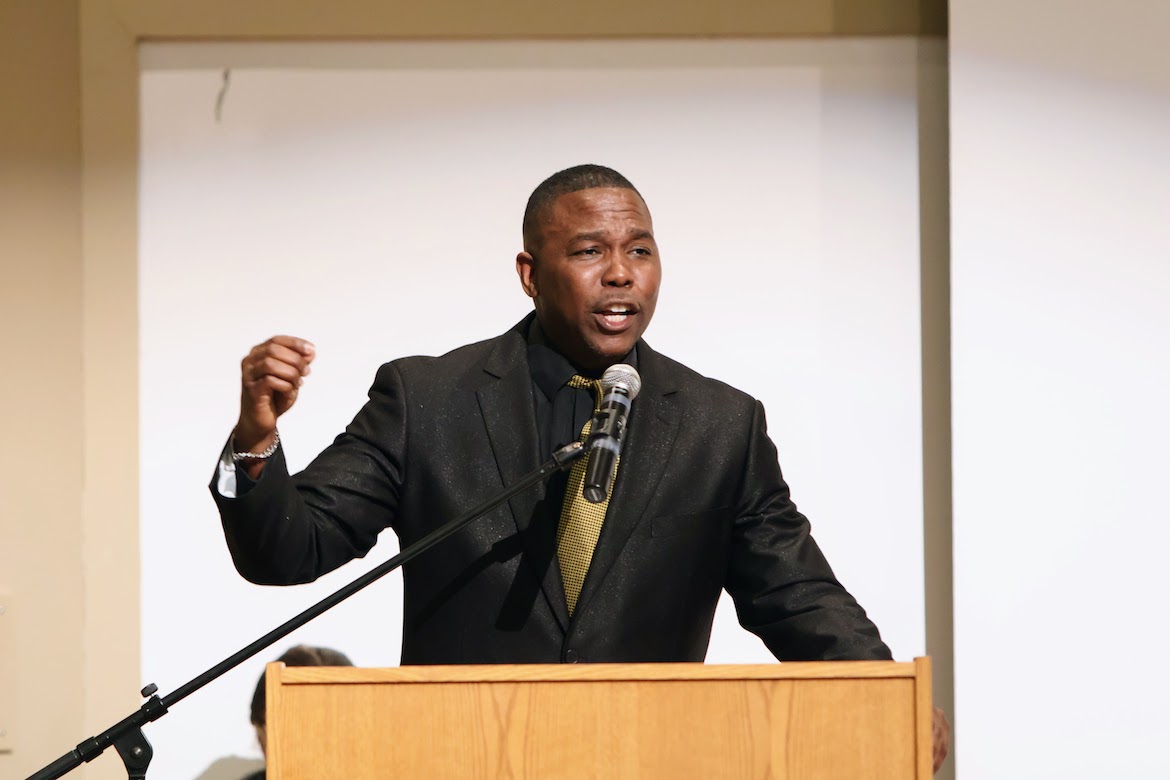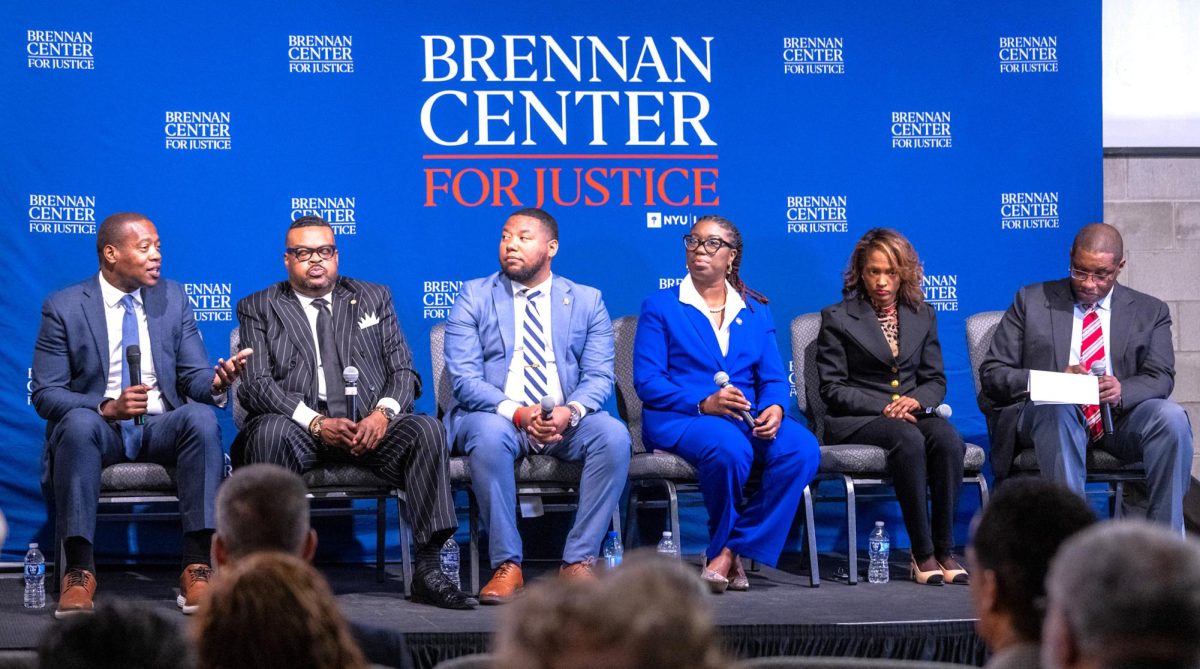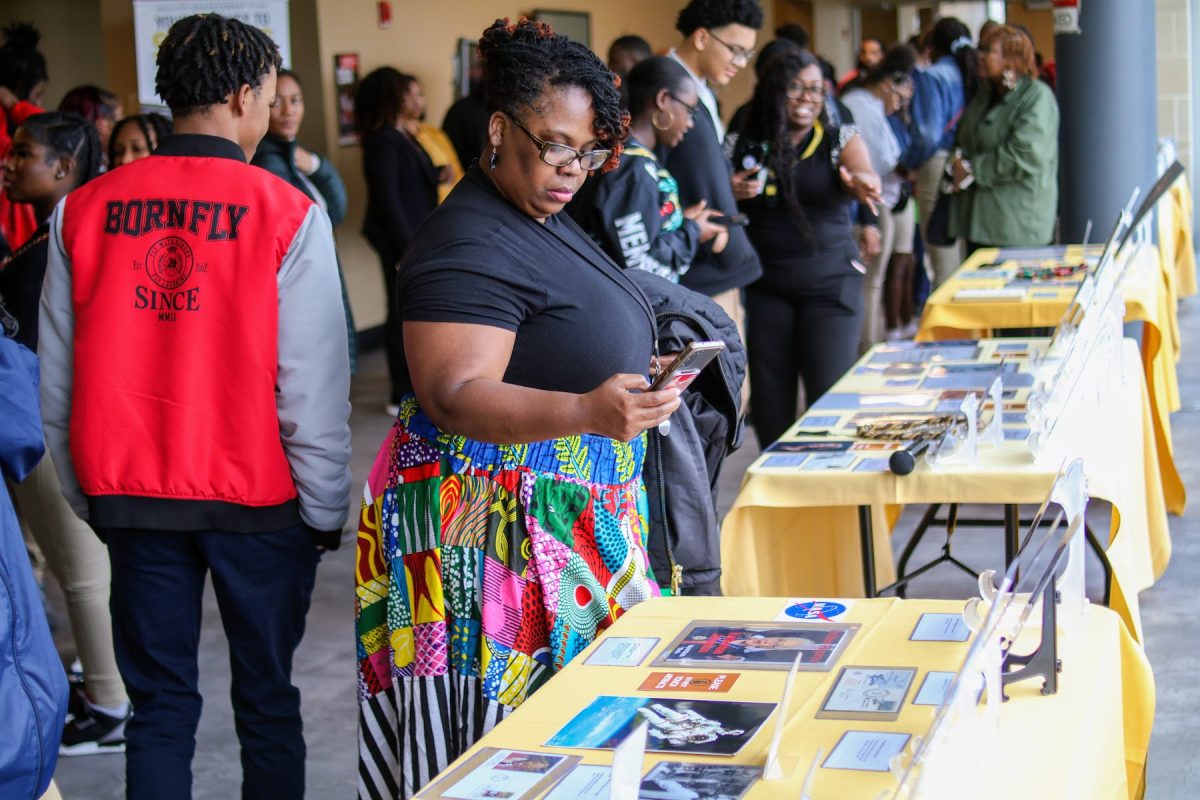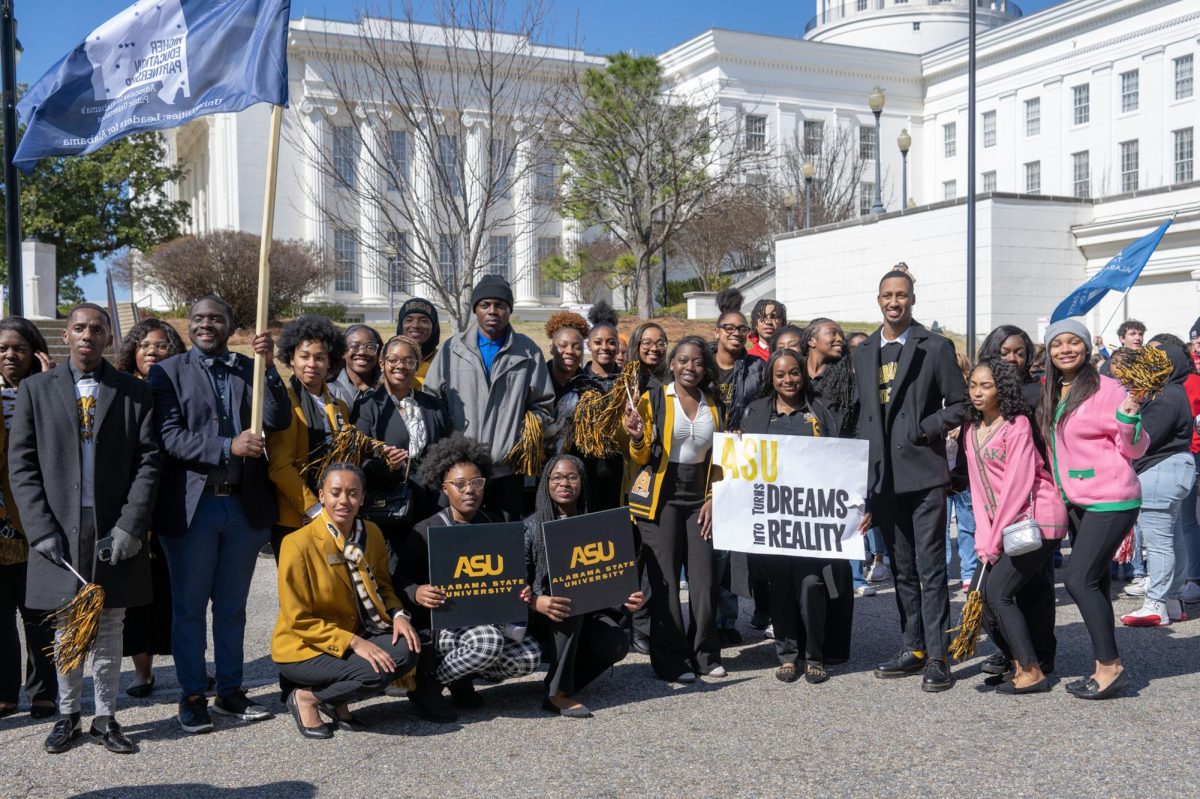After the death of the 39th U.S. President James Earl “Jimmy” Carter Dec. 29, 2024, former President Joseph “Joe” Biden ordered that U.S. flags be flown at half-staff that same day, in honor of the late former president.
This honor indicates that the country or a state is in mourning. The U.S. flag code lays out parameters for lowering the U.S. flag to half-staff, including a 30-day period for current or former presidents to cover flags at federal government buildings and their grounds as well as at the U.S. embassies and other facilities abroad, including military installations and vessels.
According to Biden’s proclamation, U.S. flags will be lowered for 30 days from Carter’s death until Jan. 28. With the inauguration on Jan. 20, this means that flags will still be at half-staff when President Donald Trump takes office and for the first week of his administration.
Despite this directive, states are not required to follow this code, which allowed Alabama Gov. Kay Ivey, who ordered that all American flags on state buildings be raised for the inauguration and returned to flying half-staff Jan. 21.
The university’s Student Government Association (SGA) Executive President Landon Hale said, “I understand both sides of the fence considering that it is the inauguration of the U.S. president, which does deserve respect.”
Hale adds, “you need to be humble enough to honor the ones that did come before you, especially considering former President Carter had recently died.”
SGA Executive vice president, Kameelah Freeman, could also understand both sides of the issue.
“Raising the American flag for the inauguration shows you support the president,” Freeman said. Freeman explains that she does “see what Gov. Ivey was trying to do so that Alabama as a state would look like it’s supporting Trump.” She adds, “It is still considered a time of mourning for another president who helped Alabama and our country as a whole.”
Associate professor of Communications Ashla Roseboro, Ph.D., shared her perspective on the matter in two parts.On one hand, she mentioned how Carter was respected by the people, including herself.
“President Carter touched me in a unique way because my maternal family is from the same county in which he lived and grew up, Sumter County. The people really honored him.” Roseboro also mentioned driving to Atlanta to attend the viewing at the Carter Center.
On the other hand, Roseboro shares the concept of situational ethics. She adds that “anything leaders decide to do sets a precedent … it can be a sticky situation and controversial if it’s not done that same way for everybody.”
Assistant professor Robert White, J.D., has a different perspective on the situation.
“I think it was just an attempt to spite the request of the president and to try and nullify what little authority he had left after the election.” It raises the question as to whether Gov. Ivey made this order out of spite or if she genuinely wanted to be fair to the new president. White elaborates, saying, “It’s pretty typical. That’s just the climate we live in now, a climate of disrespect and antagonism.”
Professor of languages and literature, Jacqueline Trimble, shared her thoughts on the current political climate.
“We, as usual, are worried about the wrong thing. Flags and minstrels. Who cares? I care about the fact white supremacy has been let off the leash and literally out of prison for treason, and whether my children will be safe to walk down the street while MAGA runs amok,” she said. Not only is Trimble concerned with her family’s well-being but the well-being of people across America. She added, “People are going to die. People are going to lose their citizenship. I would not be shocked if unchecked lynching started up again.”


